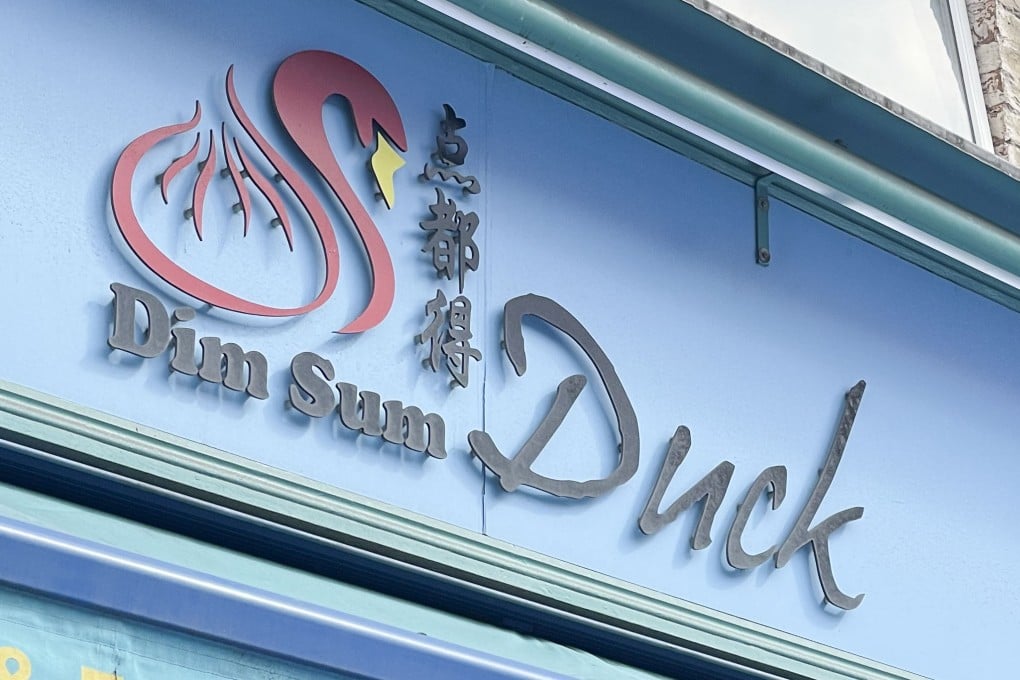How British Chinese restaurants’ Chinese names can hide witty messages and clever wordplay
- Like encoded in-jokes for the diaspora, Chinese restaurants in Britain often have Chinese names that conceal puns or hidden messages
- The translational in-jokes go both ways, such as with Hong Kong’s Ho Lee Fook, whose name was reverse engineered from English

“What’s in a name?”, or rather “what’s not in a name?”, is a question I like to ask as a British person living in the Chinese diaspora. Names are something I pay close attention to whenever an act of translation takes place: between cultures, languages, places or ideas.
Anglophones and Sinophones alike love to have fun with words; our languages are rich with a spectrum of wordplay, from the poetic to the absurd. Invented names, in particular, are an irresistible hiding place for puns and proverbs.
In Chinese food culture, dish-naming convention ranges from off-putting (ants climbing a tree or pockmarked old woman tofu, anyone?) to folkloric (crossing-the-bridge noodles) to visually figurative (squirrel fish).
Most of the time, understanding dish names requires some level of fluency in Chinese, though not always. But what happens when names get lost in translation on their way to English?

I found myself pondering this as I queued to get into Dim Sum Duck, in London’s King’s Cross – the Michelin Guide-recommended restaurant that is coveted for its handmade dim sum and in-house roast duck.
